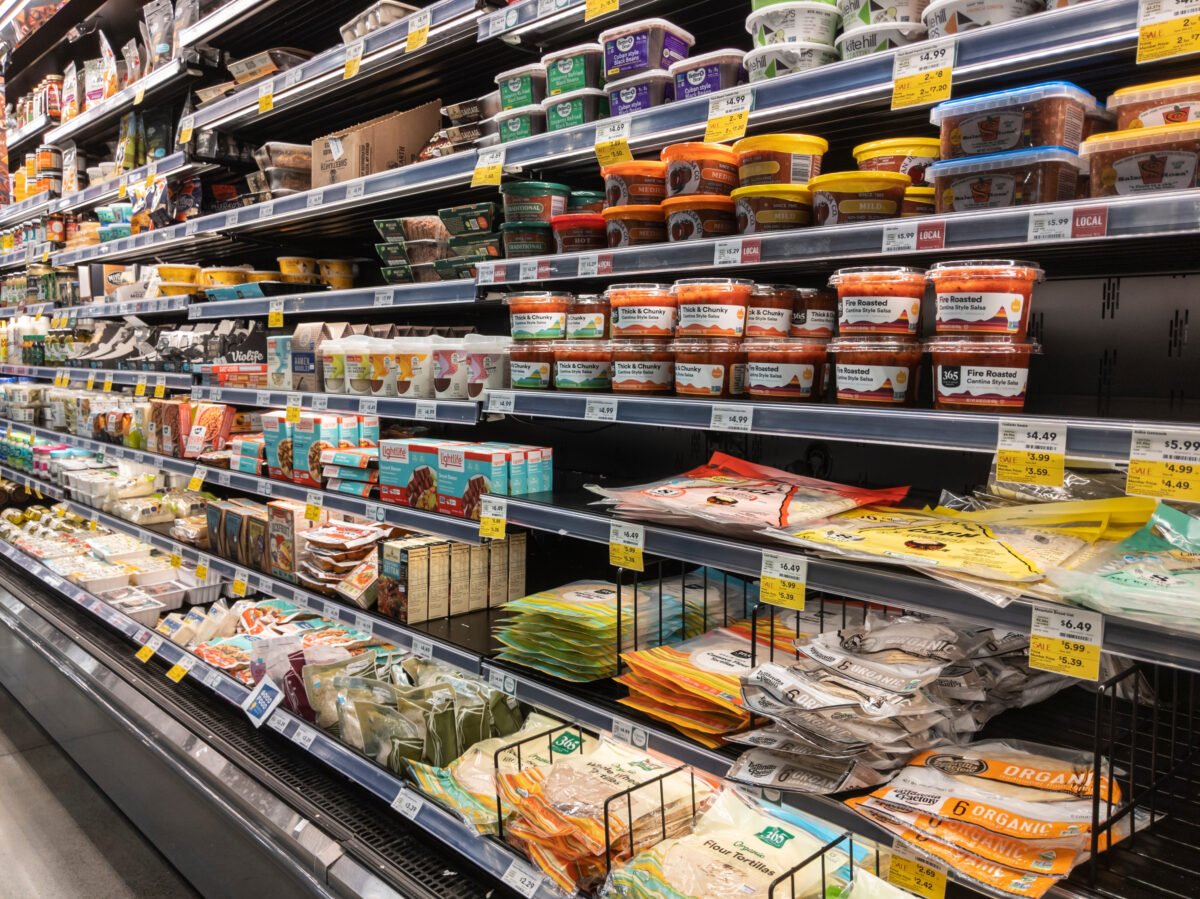The plant-based food market could triple in value over the next decade, experts say.
A new report by Future Market Insights forecasts continuing “rapid and sustained growth” in the sector due to a combination of environmental, health, ethical, and technological factors.
Read more: Plant-Based Meat Alternatives Healthier And Better For The Planet, Report Finds
The report, which was published by Future Market Insights in July, predicts that the plant-based food market’s value will increase from USD $14,225.3 million in 2025 to $44,181.9 million by 2035, reflecting a compound annual growth rate of 12 percent.
The marketing intelligence and consulting company also noted that meat substitutes currently lead the category with nearly 50 percent of the market share. Pea protein, which is sustainable, nutritious, and allergen-free, is the leading alternative protein.
Further innovation to improve flavor, texture, overall sustainability, and nutrient density is key, even for the well-established plant-based meat category. From within the plant-based meat category, the report highlighted seafood as one of the most promising emerging options.
Overall, nutrient density and perceived healthfulness have proven to be crucial for consumers. Around 65 percent of those surveyed by Future Market Insights who were already reducing meat consumption said that they were doing so due to health reasons, while 61 percent said that they were primarily motivated by sustainability.
Read more: Over One Third Of Americans Misinformed On Ultra-Processed Foods, Says Survey
The plant-based food market, flexitarians, and health

A separate report, published by Innova Market Insights, found that nearly a quarter of consumers identify as either “meat reducers” or flexitarians, while a fifth do not consume any meat at all. It also found that health was the number one motivator, followed by sustainability and environmental impact.
Last week, Statista reported that Americans spent nearly $8.1 billion on novel plant-based foods in 2024. While this reflected a four percent decrease from 2023, many consumers are adjusting their spending habits in general, responding to tariffs, price hikes, and the overall cost of living.
Convenience foods such as pre-prepared plant-based meals notably showed the most significant reductions, while Statista found that “health halo” plant-based foods such as yoghurt and protein supplements showed growth. Protein powders and liquids, for example, grew by 11 percent between 2023 and 2024.
Read more: Price Drop and Familiar Recipes Boost Consumer Interest In Vegan Eggs, Study Finds






